Vivitrol for Alcohol
Contrary to popular belief, overcoming an addiction is not a matter of sheer willpower. Although the individual’s free will plays a role in recovering from an addiction, there are also brain factors calling for medical assistance rather than pure resolve. New research and insights into the effects of drug and alcohol addiction on the brain have led to promising new treatment options. There are several medication-assisted treatments available, and Vivitrol for alcohol is only one of them that can be used to help achieve long-term sobriety.
Naltrexone is a prescription medicine used to treat opioid use disorder and alcoholism. The injectable version of naltrexone known as Vivitrol has a longer duration of action than other forms of naltrexone. It was first approved by the US Food and Drug Administration in 2006. It helps patients with alcohol or opioid dependency feel less of an urge to consume the substances they depend on, which is an important step in recovery.
At Alpine Recovery, our team of medical professionals can help you determine if Vivitrol is the right treatment option for you. We understand that each individual’s journey to recovery is unique, and we work to provide personalized care that addresses each patient’s specific needs.
Contact us at the Alpine Recovery Center for more information and learn more about how Vivitrol can help you. We have the best Colorado Medicaid rehab programs. Call us at 720-704-2883.

What is Vivitrol Used for?
Vivitrol is an injectable drug available only with a doctor’s prescription. It can be used to:
- Treat alcohol dependency; before beginning treatment with this drug, the individual must abstain from consuming alcohol.
- After going through opioid detoxification, it is prescribed for opioid dependency relapse prevention. This indicates that if a person is already using opioids or drugs that include opioids (also referred to as narcotics), they will need to stop taking those medications before they may begin getting them.
Can Vivitrol be used in combination with other medications?
It is necessary to combine therapy with Vivitrol with other alcohol or drug rehabilitation programs, such as counseling, for the treatment to be successful. Not everyone may respond favorably to this therapy.
Vivitrol is not intended to be administered while someone is actively abusing alcohol or drugs; rather, it is intended to be used once detoxification has been accomplished.
How does Vivitrol Work to Treat Alcohol Dependence?
Vivitrol is a type of medication known as an antagonist. It alters how the individual’s hypothalamus, pituitary, and adrenal glands operate together. This, in turn, reduces the quantity of alcohol that the person feels the need to consume. Vivitrol prevents the intoxication and euphoria that are caused by opioids and alcohol.
Tolerance develops in a person who uses substances or drinks alcohol regularly. Because of this tolerance, they need higher doses of the substance to get the same effects. Stopping narcotics completely at this point would seem an obvious choice, right?
Due to how alcohol and drugs alter brain function over time, it is unfortunately not possible for many people who have built up a tolerance to quit once they have started. Substances that interact with the brain can create pleasure and pain-alleviating effects, deceiving the brain into desiring more of the substance while causing it to ignore the potential negative repercussions.
Any kind of naltrexone, including Vivitrol, prevents the brain from experiencing the pleasant effects of substances like alcohol and narcotics. This causes the brain to have opposing effects on pleasure when drugs or alcohol are used. However, this transformation takes time.
Knowing that they won’t get high from the Vivitrol injections might help the individual avoid returning to using drugs.

What are the Potential Side Effects of Vivitrol?
Vivitrol may induce certain mild unwanted effects, such as:
- Nausea
- Anxiety
- Headache
- Dizziness
- Constipation
- Stomach pain
- Diarrhea
- Insomnia
- Restlessness
- Drowsiness
- Irritability
- Increased thirst
- Loss of appetite
- Weakness
- Muscle or joint pain
- Pain, swelling, bruising, itching, and infection (at the site of injection)
People with a liver condition or hepatitis history should not use Vivitrol because of the risk of liver damage.
Is Vivitrol Effective in Reducing Alcohol Cravings?
A treatment regimen that just includes Vivitrol is not acceptable under any circumstances. Vivitrol is not regarded as successful unless it is used in conjunction with another form of treatment for addiction. Throughout the entirety of treatment with Vivitrol, it is suggested that the patient participates in inpatient treatment, counseling, or therapy.
The effectiveness of these psychotherapy therapies can, however, be improved with the aid of Vivitrol. Because Vivitrol has a longer release, it frees the individual up to concentrate on developing skills that will help them get sober and remain sober. It will remove the distraction of cravings, allowing the individual to more easily conquer triggers once they have entirely given up drugs
How long does Vivitrol last?
The Vivitrol shot is a monthly long-acting injectable. How long the effects of Vivitrol endure will vary from person to person based on how quickly the delayed-release compound is metabolized. Twenty-five to fifty days after the intramuscular (IM) injection, the majority of the Vivitrol would have been eliminated from the system.
Typically, the effects of Vivitrol wear off after one month, necessitating a repeat injection every four weeks or once a month to maintain the desired effect.

Is Vivitrol Safe?
Individuals that are physically dependent on opioid-containing medications or opioid street drugs, should not take Vivitrol.
Medical professionals may inject a little amount of naloxone to test for opioid dependency. Individuals are not to begin Vivitrol therapy if they have withdrawal symptoms following a naloxone challenge test. After abstaining from opioids, the healthcare professional may re-evaluate whether or not they may begin taking this medicine. Also, individuals with Naltrexone allergies are not to use Vivitrol.
How is Vivitrol Administered?
The injection should be given by a trained medical practitioner as an intramuscular (IM) gluteal injection. The buttocks are alternated for each succeeding injection while making use of the carton components that are supplied (2 and 16.1). Both intravenous and subcutaneous administration of Vivitrol is strictly prohibited.
Get Help From Medicaid Colorado Alpine Recovery Center!
At Alpine Recovery, we offer Vivitrol as a highly effective treatment option to help you achieve lasting recovery.
Vivitrol is an extended-release injection given once a month to reduce cravings and prevent relapse. In addition, by blocking the effects of opioids and alcohol in the brain, Vivitrol can make it much easier to resist the urge to drink. In addition to Vivitrol, our team of medical professionals provides comprehensive care that includes counseling and other forms of therapy to support your recovery. With our personalized approach to treatment, you can trust that we will help you find the right path to long-term recovery. So don’t let alcohol addiction control your life any longer.
The Alpine Recovery Centre is a major Medicaid Rehab in Colorado. It is one of the rehabs accepting Medicaid insurance. Alpine Recovery Center focuses on the root cause of the addiction and other co-occurring illnesses to have an overall recovery. To know more about our assisted treatment for alcohol use disorder and Medicaid insurance programs, contact us today at 720-704-2883.










